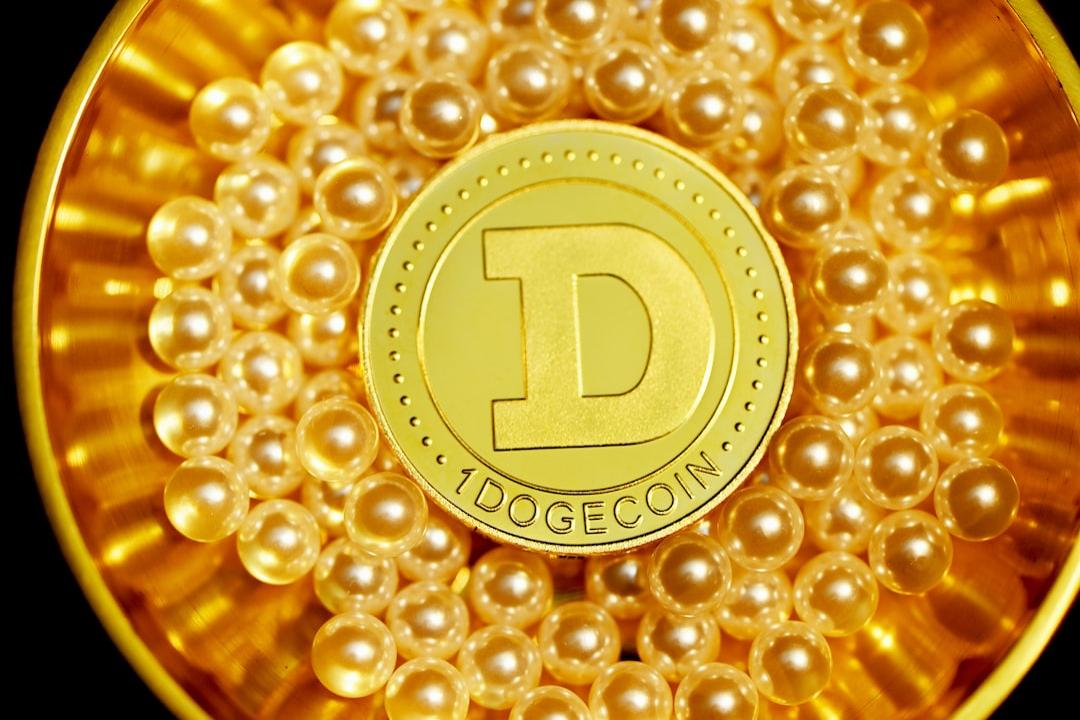Caroline Pham, a member of the United States Commodity Futures Trading Commission (CFTC), has expressed concerns that a recent “aggressive” crypto enforcement action could lead to a conflict with the Securities and Exchange Commission (SEC).
In a statement released on March 29, Pham highlighted that the CFTC’s enforcement case against cryptocurrency exchange KuCoin seemed to exert authority over certain securities. The CFTC had charged KuCoin with multiple violations of the Commodity Exchange Act (CEA) and CFTC regulations, which were accompanied by criminal charges from the U.S. Justice Department.
Pham stated that the CFTC’s approach may encroach on the SEC’s jurisdiction and potentially undermine investor protection laws. She argued that by equating a financial instrument with a financial activity, the CFTC could disrupt the foundations of securities markets. Pham emphasized the distinction between owning shares and trading derivatives.
Pham’s concerns mirror those expressed by many U.S. lawmakers and regulators regarding the CFTC and SEC’s roles in regulating cryptocurrencies. The classification of cryptocurrencies as commodities or securities has been a point of contention between the two agencies. This disagreement has become particularly relevant in the case of Ether (ETH) as crypto firm Prometheum announced plans to offer custody services for it as a security.
The CFTC’s complaint against KuCoin suggested that Ether was a commodity. However, if the SEC were to classify ETH as a security, it could potentially impact the CFTC’s decision on various spot Ether exchange-traded fund applications that are currently under consideration.
Related:
KuCoin assures users that their assets are unaffected by the indictment from the U.S. Southern District of New York (SDNY)
Pham’s remarks align with the concerns raised by lawmakers and regulators in the United States regarding the role of the CFTC and SEC in regulating cryptocurrencies and determining their classification as either commodities or securities. The recent enforcement actions by the CFTC against KuCoin have led to a potential conflict with the SEC. This conflict could have far-reaching implications for investor protection laws and the functioning of securities markets. Pham emphasized that there is a fundamental difference between owning shares and trading derivatives, and the CFTC’s actions could disrupt this distinction. The classification of Ether as a commodity by the CFTC and the potential classification as a security by the SEC have further heightened the disagreement between the two agencies. This classification debate has significant implications for the approval of spot Ether exchange-traded fund applications.

